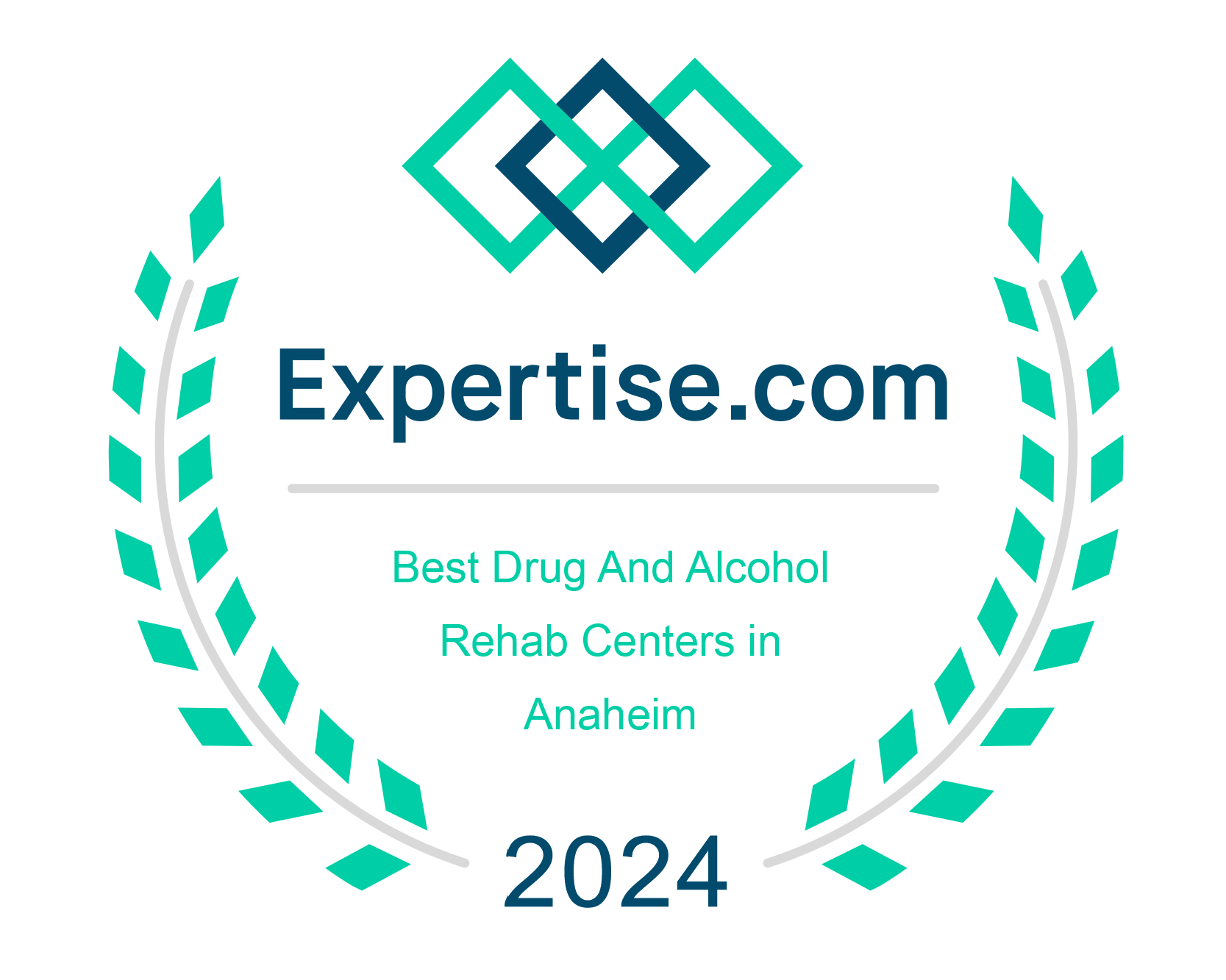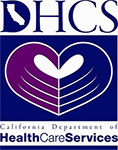When it comes to overcoming addiction or breaking destructive habits, one critical piece of advice that often goes overlooked is that seeking treatment early is essential for successful recovery. The sooner help is sought, the better the chance for a smoother, more manageable path to sobriety and stability. However, waiting too long to take this step can intensify withdrawal symptoms, complicate treatment options, and worsen physical and emotional health. In this article, we’ll cover why early addiction treatment is vital and how beginning recovery sooner can prevent deeper dependence and enhance the chances of long-term success.
Why Early Addiction Treatment Can Make All the Difference
Addiction isn’t a static condition—it is progressive and worsens over time, making it harder to overcome the longer it goes untreated. Whether it’s opioids, alcohol, or other addictive substances, delaying treatment can lead to physical dependency, intensified cravings, and even serious health complications. This is why early addiction treatment is so important: it allows for intervention before these damaging effects escalate. Early intervention is particularly critical in the case of opioids and fentanyl addiction, as well as prescription drugs, which create rapid dependency and severe withdrawal symptoms.
By seeking help sooner, individuals can avoid the dangers of advanced withdrawal symptoms, which often include extreme physical and mental discomfort, and even medical risks. For instance, programs like those at Waismann Method offer options for early treatment, including medically supervised detox, medically assisted detox at a retreat, and rapid detox under sedation, which allow patients to minimize withdrawal discomfort and regain stability quickly.
Benefits of Early Addiction Treatment: Preserving Physical and Mental Health
When addiction treatment is sought early, the chances of preserving physical and mental health are much higher. Individuals who delay often face progressive physical health risks, including immune system compromise, liver damage, and cognitive decline. Meanwhile, mental health can suffer greatly, with anxiety, depression, and emotional instability increasing as addiction deepens. For example, fentanyl and opioid addictions can lead to hyperalgesia, where pain sensitivity is heightened, causing a continuous feedback loop of use and dependency.
Medically assisted detox at an early stage can limit these impacts and allow for quicker recovery with fewer health consequences. Seeking treatment early also helps the body and brain recover faster by preventing chronic physical strain associated with prolonged substance use.
Creating a Support System from the Beginning of Recovery
Building a reliable support system is one of the cornerstones of lasting recovery. Early treatment enables individuals to start developing a network of support through medical professionals, therapists, family, and support groups. The benefits of this support network cannot be overstated, as it provides accountability, motivation, and a sense of stability—factors that are invaluable in overcoming cravings and managing relapse triggers. By establishing these connections early, individuals set a foundation that not only supports them during detox and recovery but also helps sustain long-term sobriety.
In programs like those at Waismann Method, patients benefit from access to personalized, private care designed to meet individual needs from the very beginning. Early intervention also allows medical teams to provide long-term resources and connections to outpatient support networks, empowering individuals to continue on a healthy path with a strong foundation.
Greater Access to Specialized Treatments Through Early Intervention
Access to specialized, tailored treatment options is one of the most significant advantages of early intervention. For instance, Waismann Method offers several options, such as medically supervised detox in a hospital, medically assisted detox at Domus Retreat, and rapid detox under sedation, that are specifically designed to meet individual needs based on the stage and severity of dependence. Early intervention allows healthcare professionals to work with each patient’s unique health profile, customizing a plan that is both effective and sustainable.
When addiction goes untreated, options may narrow as dependency deepens, often leading to more intense withdrawal symptoms and fewer effective treatment options. For example, rapid detox under sedation can be highly effective at an earlier stage of addiction, as it reduces the physical impact and length of withdrawal, making it easier to transition into sobriety. Specialized care can make all the difference in how manageable the process feels and how effective it ultimately is.
Minimizing Emotional and Psychological Strain with Early Addiction Treatment
The emotional toll of addiction can be as debilitating as the physical dependency, with anxiety, depression, and mood instability often intensifying as the addiction progresses. Early treatment for addiction reduces this strain, allowing individuals to address the emotional and psychological impact before it becomes overwhelming. This is especially important in cases of opioid dependence, where emotional distress often accompanies withdrawal symptoms.
Through early intervention programs, patients receive access to comprehensive care, including counseling, support groups, and therapies that address the psychological elements of addiction. This well-rounded approach minimizes the mental and emotional impact, creating a stable foundation that can sustain recovery over the long term.
Preventing Relapse with a Proactive Approach to Addiction Recovery
Relapse prevention is one of the key benefits of early addiction treatment. By beginning the recovery process early, individuals learn critical tools and coping mechanisms to manage cravings, stress, and triggers effectively. For those who delay treatment, the risk of relapse increases significantly, as the physical dependency grows and mental and emotional reserves become depleted. Early addiction treatment empowers individuals with a proactive approach, building resilience and preparing them for real-world situations that may otherwise lead to relapse.
At Waismann Method, early intervention is designed to offer patients a clear path forward, equipping them with the strategies and support needed to avoid relapse and maintain sobriety. Access to a team of professionals trained in relapse prevention, counseling, and ongoing support provides patients with the skills to face life’s challenges without returning to substance use.
Conclusion: Don’t Wait—Seek Treatment Early for the Best Path to Recovery
Seeking addiction treatment early is one of the most powerful steps you can take toward a successful recovery. Delaying only increases the physical and emotional strain, making it harder to break free from the cycle of dependence. By choosing early intervention, you preserve physical health, minimize mental and emotional impact, and gain access to a range of personalized treatment options that can lead to a more effective and lasting recovery.
At Waismann Method, we specialize in early intervention and offer various programs, including medically supervised detox, medically assisted detox at Domus Retreat, and rapid detox under sedation. Each program is designed to help individuals safely and comfortably detox with professional support, creating a strong foundation for long-term sobriety. Don’t wait to seek help; the sooner you begin, the smoother the path forward will be. Early addiction treatment can make all the difference, empowering you to reclaim a healthier, addiction-free life.



















